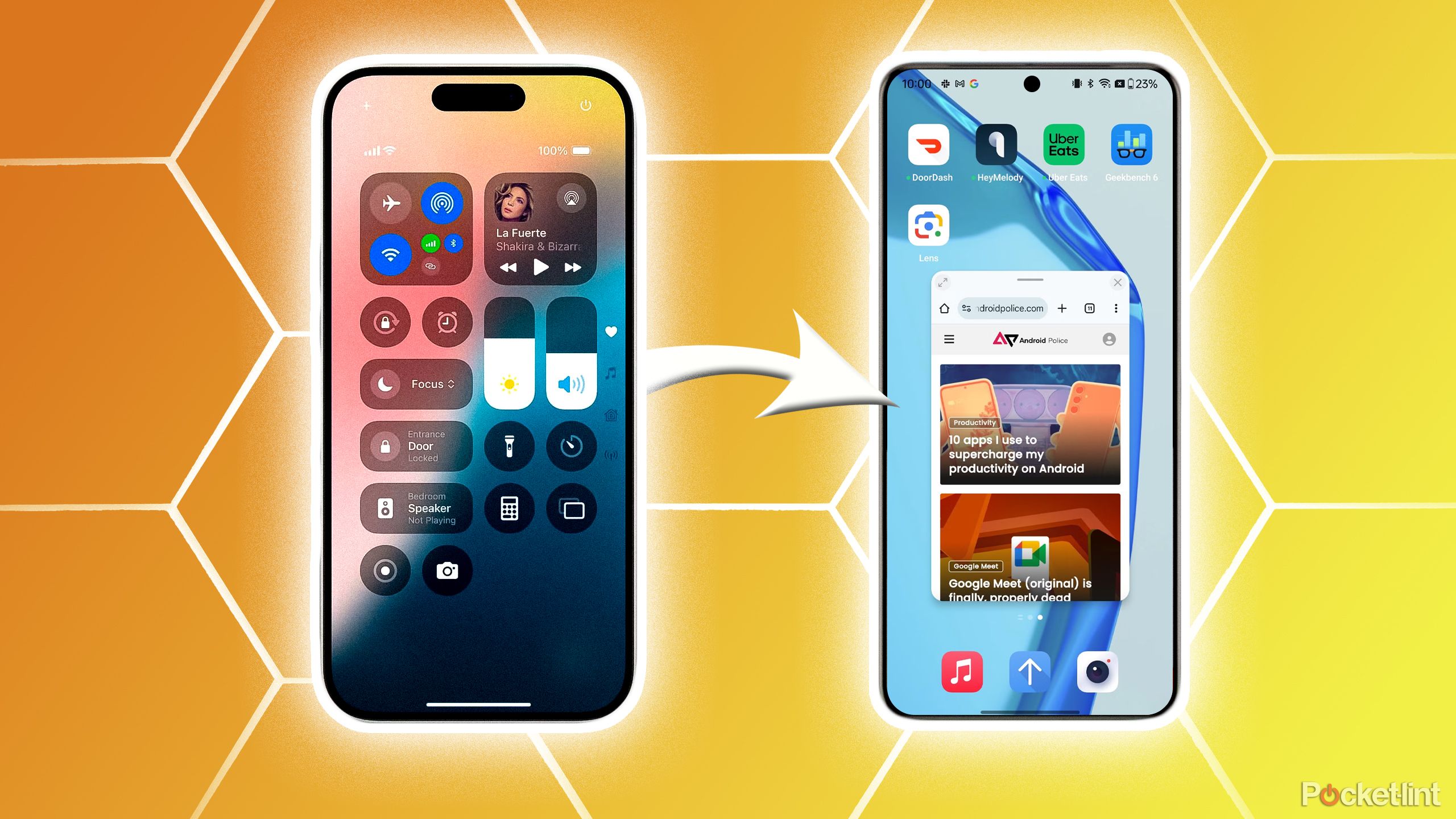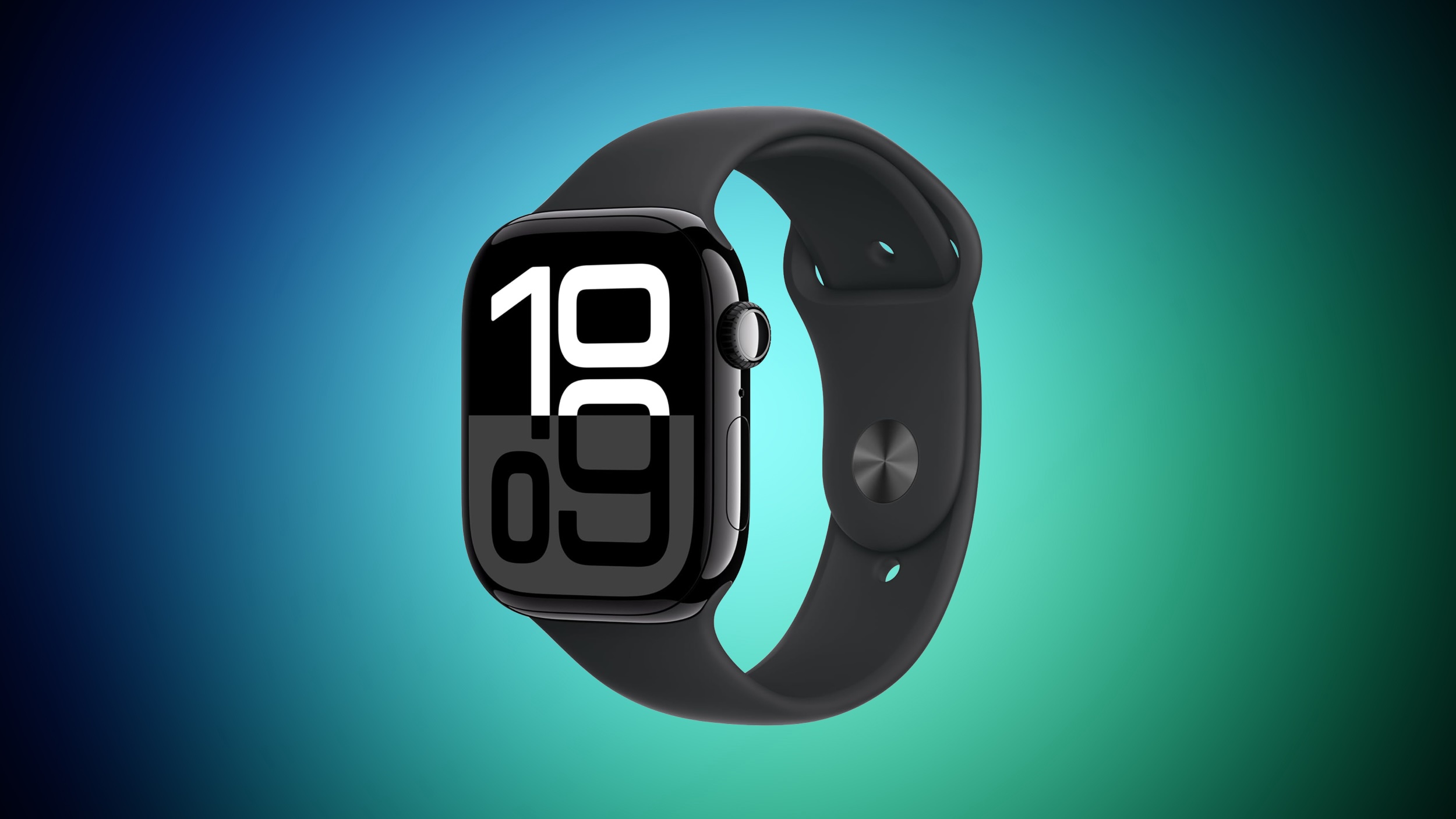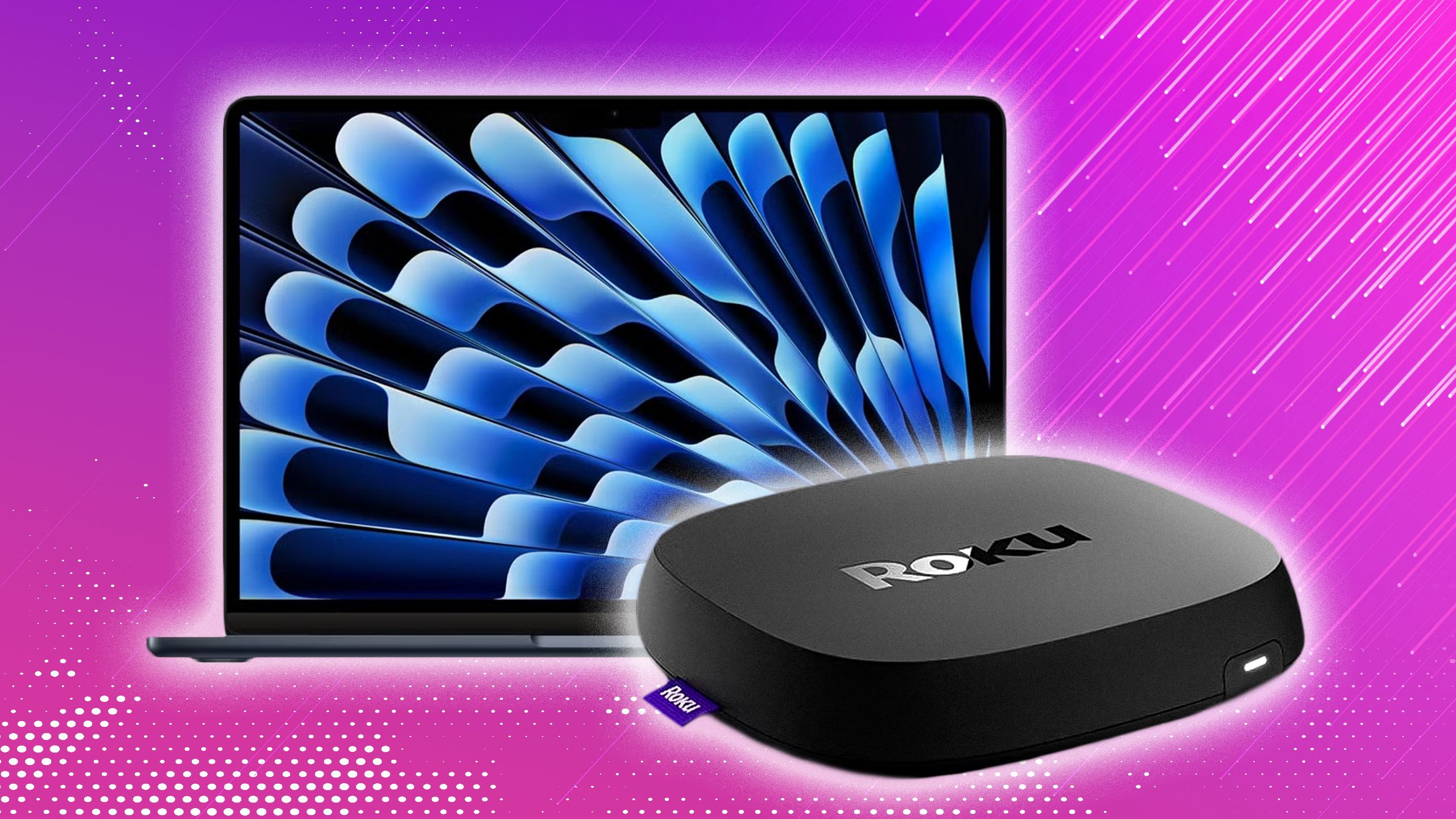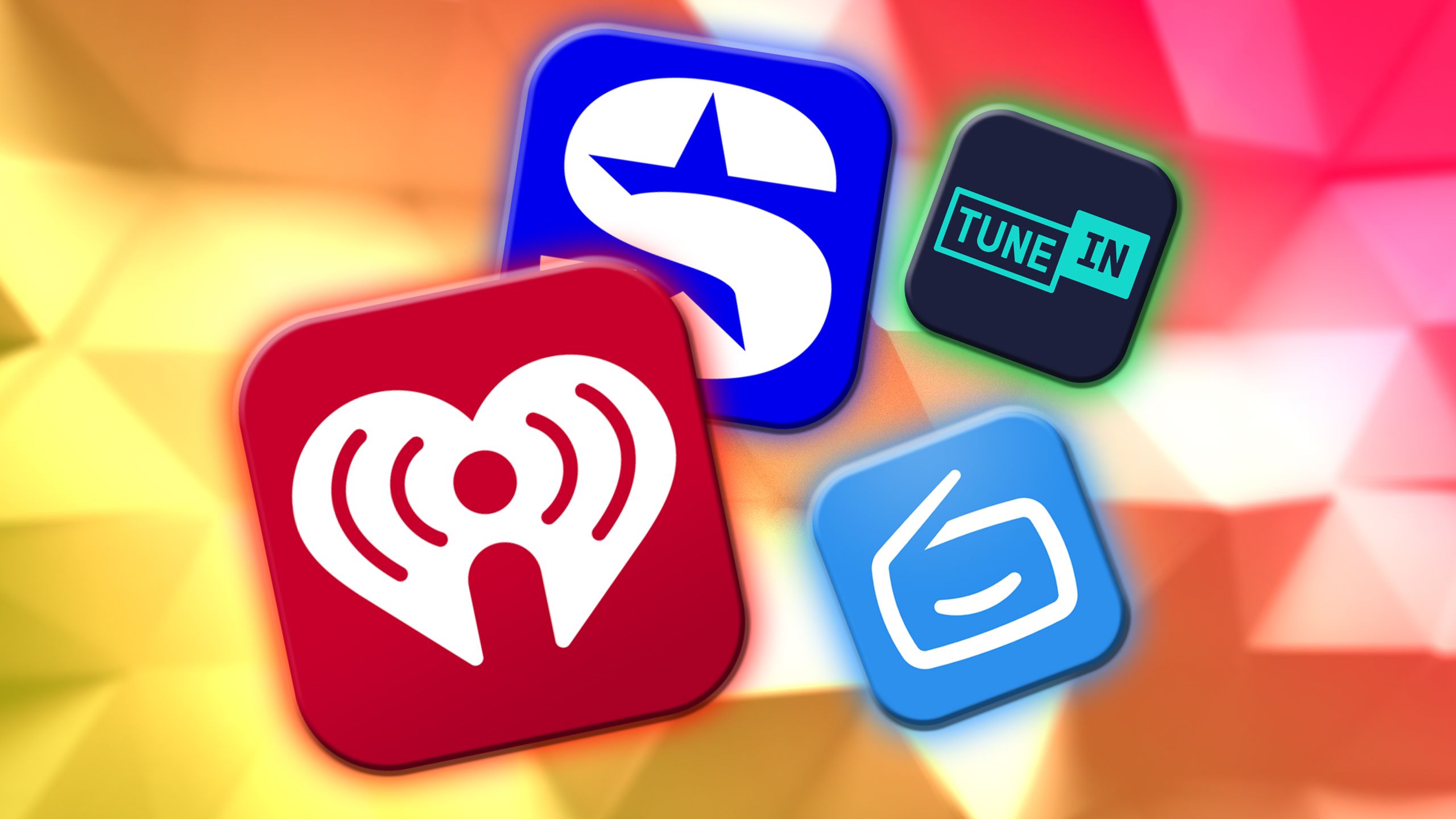Google Pixel Fold 2 could get a big performance bump for on-device AI
[[{“value”:”
The Google Pixel Fold 2 may skip the Tensor G3 chip in favor of a next-generation Tensor and come with a hefty 16GB of RAM, which would be a first for a Pixel phone.
This all comes from an anonymous source who spoke to Android Authority and claimed the next foldable phone from Google will come with a Tensor G4 chip and likely launch alongside the very-much-rumored Google Pixel 9, instead of at Google’s mid-year I/O event where the original Pixel Fold was launched.
According to the source, earlier prototypes of the Pixel Fold were equipped with a Tensor G3 chip, but Google has since had a change in development and opted to go for an as yet unreleased Tensor chip.
For the uninitiated, the Tensor chips are in-house designed slices of silicon from Google that prioritize AI workloads over the raw CPU and GPU performance of the likes of the Qualcomm Snapdragon 8 Gen 3. These Tensor chips enable fast AI functions, such as live translation, as well as power newer generative AI tools such as the Magic Editor found on the Google Pixel 8 series.
Going for a new Tensor chip in the next-gen Pixel Fold would be one way to make the phone standout from its non-folding predecessors, beyond just having a folding screen. The likely boost in power, especially in onboard machine learning and neural processing, could yield faster and more responsive AI features, in addition to new generative AI tools. And on a foldable phone, generative AI features that could help produce more content or better manage one’s workflows, makes a lot of sense.
Of course, Android Authority’s anonymous source could be completely wrong and we may simply see the Pixel Fold 2 launch this year around the same timeframe as its predecessor did; the Pixel Fold was revealed in May 2023 and then released on June 27. If this proves to be the case then the Pixel Fold 2 would likely come with the Tensor G3.
Folding in more power
(Image credit: Google)
As someone who often uses foldable phones, my hope is that the Pixel Fold 2 does indeed come with a Tensor G4 chip and the aforementioned 16GB of RAM. While phones specs and performance can often feel a tad moot – even phones that are several years old are still more than powerful enough to handle pretty much anything – more power in a foldable phone makes more sense.
That’s because I believe foldable phones make for very strong productivity devices, with some scope to even work as mini desktop PCs with the likes of Samsung DeX or various screen mirroring. So having more power means you can likely do more.
Equally, I think foldable phones present an opportunity for more powerful generative AI features. Not only do they provide extra screen space for manipulating images, but AI could be used to better handle multitasking, serving up apps and intelligently resizing windows and views based on a user’s needs – this would certainly reduce the faff I encounter when trying to manually set up split screen apps.
With the Pixel Fold 2 existing merely in the realms of rumor, we’ll have to wait and see if more tips and leaks pop up as 2024 presses on. But things look hopeful for a successor to one of our picks for the best foldable phones.
You might also like
iOS 17 uptake is slower than iOS 16 – here’s why some people are waiting to download itHonor Magic V2 review: a benchmark-setting beautyFacebook and Instagram will label fake AI images to stop misinformation from spreading
“}]]




